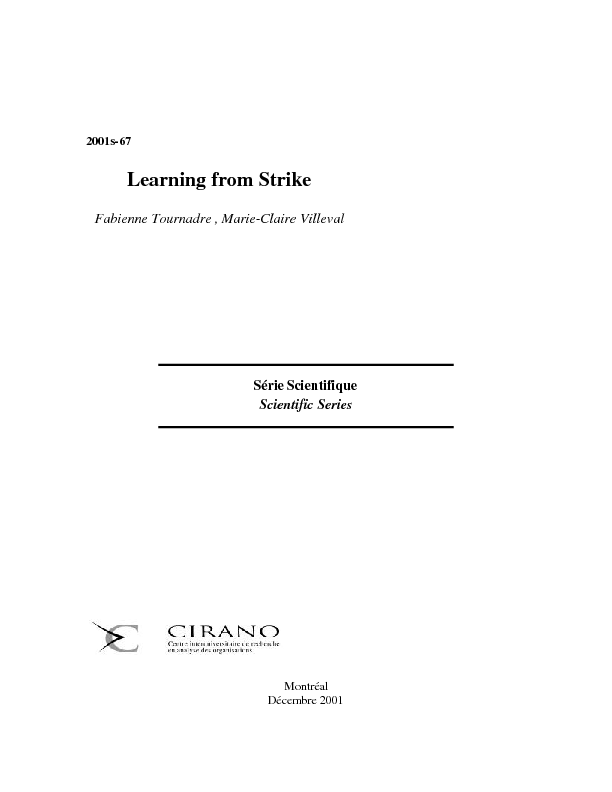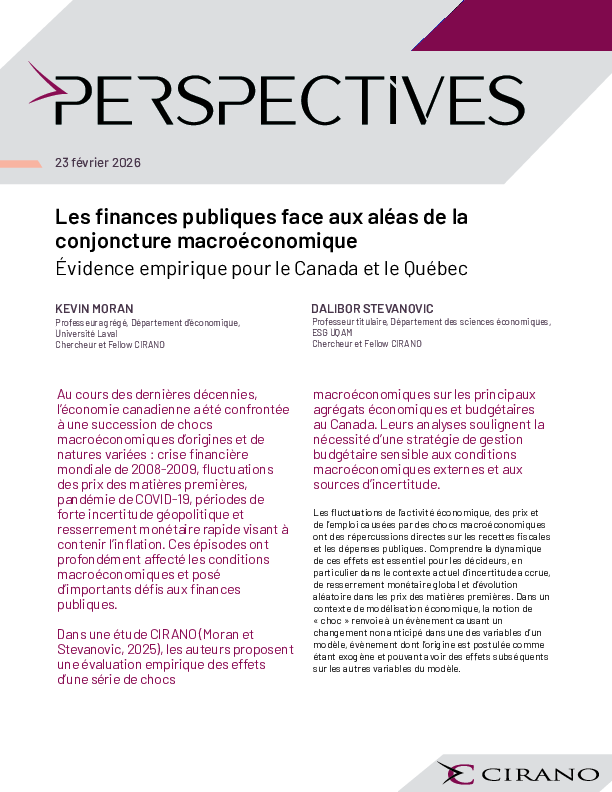Learning from Strike
This paper reports on an experimental study of the influence of asymmetric information and information spillovers on bargaining outcomes. It develops and tests Kuhn and Gu (1999) s model of learning in sequential wage negotiations, by means of two Ultimatum Bargaining Games with uncertainty on the proposer s side. Evidence shows that Dunlop s assertion of inflationary wage claims does not hold systematically and strike incidence is lowered by information spillovers, since claims are revised according to the previous bargaining outcomes. However, in the presence of fairness concerns, the ability to observe outcomes but not the bargaining process does not entail a reduction in information asymmetry sufficient to guarantee Pareto improving bargaining outcomes.
[ - ]




